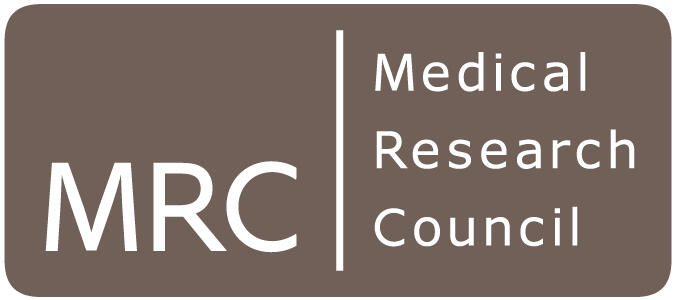
The Tropical Infectious Disease Consortium has announced the successful projects that will be receive an MRC Confidence in Concept Award of £500,000 to accelerate the transition from discovery science into therapeutic, diagnostic and vaccine development.
The Principal Investigators (PI) of the 11 successful projects have been selected from within the consortium made up of LSTM; the London School of Hygiene and Tropical Medicine; the Jenner Institute at Oxford University and Public Health England Microbiology Services in Porton Down and the projects enable close collaboration within the consortium and with other institutions. The successful projects include potential novel vaccines and diagnostic tools for early identification of TB, malaria, Leishmania as well as insecticide monitoring tools and novel bed net design to improve insecticide-treated net efficacy.
The awards, of up to £50,000 were allocated to eligible projects that were at the stage where sufficient preliminary data is available to establish the viability of their proposed approach. The successful projects were selected via an open, competitive and externally peer reviewed process. In addition to the consortium partner institutions, applications involve investigators from national and international organisations, industry and academia including the Universities of Liverpool, Leeds and Warwick, the National Institute for Medical Research, Mwanza, Tanzania and Epistem Ltd..
“The fund is intended to accelerate relevant translational activities”, says LSTM’s Giancarlo Biagini, a senior manager within the Consortium. “The objective of the Infectious Diseases Consortium is to create a critical mass necessary for UK researchers who are interested in working collaboratively in translating their research into health benefits that will support them in an increasingly competitive international market. We are hopeful that the projects now have the opportunity to get to the next level of development, where they would be capable of successfully applying for larger external funding sources”, he continued.